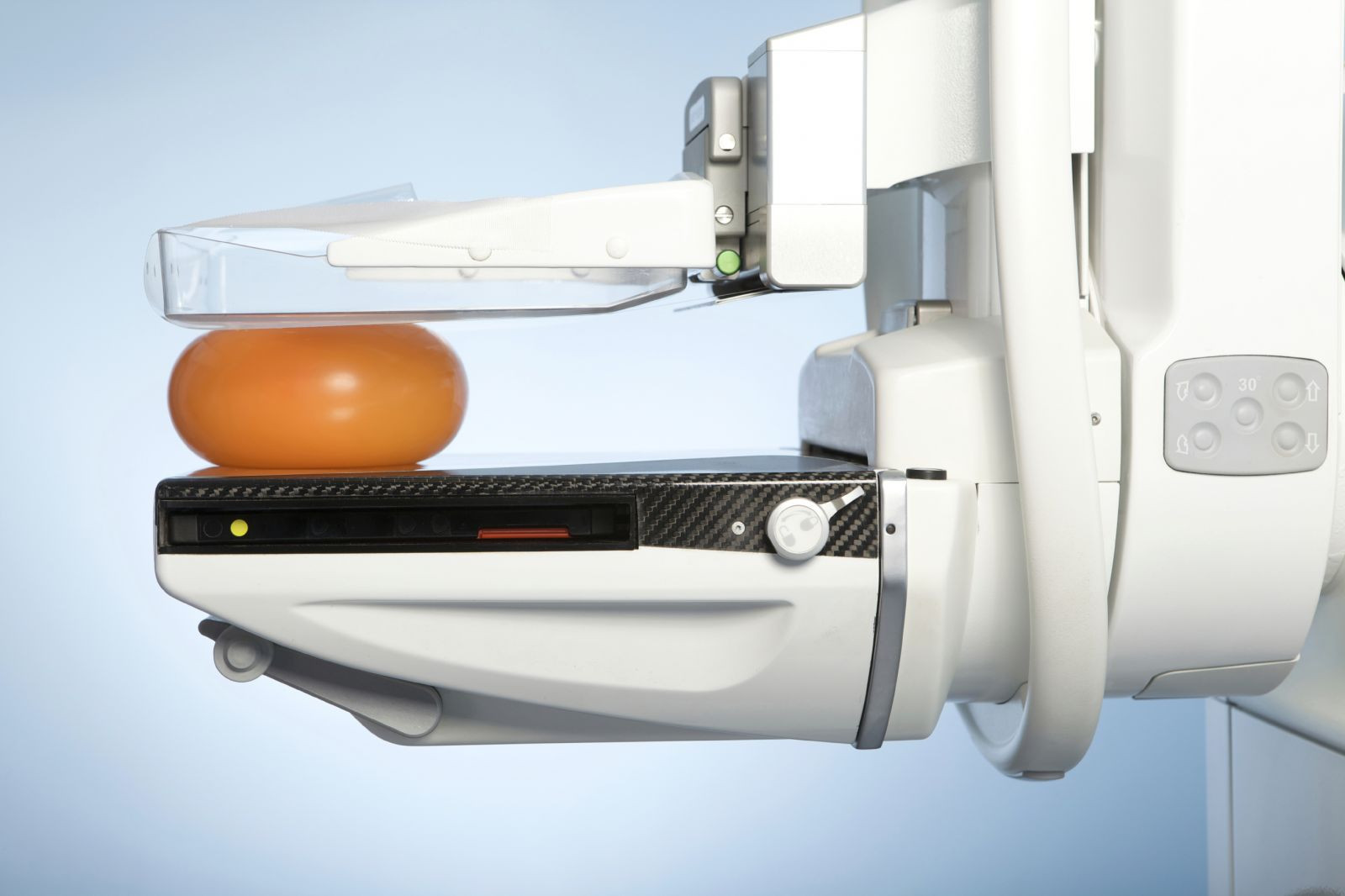
Wildfires: How to cope when smoke affects air quality and health

What can magnesium do for you and how much do you need?

Dry socket: Preventing and treating a painful condition that can occur after tooth extraction

What happens during sleep �� and how to improve it

How is metastatic prostate cancer detected and treated in men over 70?

Could biofeedback help your migraines?

What is autism spectrum disorder?

Plantar warts: Options for treating this common foot condition

Cancer survivorship: What comes next after treatment

Nutritional yeast: Does this savory, vegan seasoning pack a nutritional punch?
Medical Tests & Procedures Archive
Articles
Blood markers for heart disease linked to microscopic strokes
Research we're watching
Aging brains often show signs of microscopic strokes, which result from damage to tiny blood vessels within the brain. Those that occur in the brain's outermost layer �� called cortical cerebral microinfarcts (CMIs) �� usually don't cause any symptoms. But they are more common in autopsies of people diagnosed with dementia. Now, new research suggests a link between blood markers for early heart disease and CMIs.
The study, published online Feb. 6, 2017, by JAMA Neurology, included 243 people who attended a memory clinic. All had brain scans to check for CMIs and blood tests that measured two substances associated with early signs of heart damage. People who had CMIs (nearly 29% of the participants) were much more likely to have heart disease than those who didn't have CMIs. Higher levels of both substances associated with heart damage were also linked to CMIs �� even when the researchers left out people who already had obvious symptoms of heart disease.
Safety of implanted cardiac devices and MRIs: An update
Research we're watching
Contrary to conventional wisdom, most people with older implanted cardiac devices may be able to safely get a magnetic resonance imaging (MRI) scan, according to a study in the Feb. 23, 2017, New England Journal of Medicine.
The devices, which include pacemakers and implantable cardioverter-defibrillators (ICDs), help regulate and restore the heart's normal rhythm. Concerns that the powerful magnets in MRIs could damage these battery-operated devices led to the development of newer, MRI-safe devices. But an estimated two million people in the United States have one of the older devices, and at least half of them might need an MRI in the future.
Migraine sufferers have a higher risk for stroke after surgery
In the journals
People who suffer from migraines have increased risks of stroke and hospital readmission within 30 days after having surgery, according to research published online Jan. 10, 2017, by BMJ.
The study included 124,558 patients (45% of whom were men), who had a history of migraines, either with or without aura (a period of symptoms, such as flashes of light or facial tingling, that precedes the migraine). The researchers monitored the condition of all the patients after either inpatient or outpatient surgery. They then looked at how many had strokes and how many were readmitted to the hospital over the following 30 days.
New way to use PSA test might identify men who need aggressive prostate cancer treatment
In the journals
Prostate-specific antigen (PSA) tests are used to help identify men who may have a higher risk of prostate cancer. But a study published online Jan. 12, 2017, by JAMA Oncology, describes a new way to use PSA that may pinpoint men who are likely to die early from prostate cancer that returns after initial treatment.
The researchers used data from a randomized trial of 157 men whose localized cancer was treated with either radiation alone or radiation along with six months of androgen deprivation therapy. The men were then followed for 16 years.
Why isn't there a more comfortable mammogram procedure?
Ask the doctor
Q. I have been smashed, squashed, pulled, and tugged annually for 25 years. Why isn't there a better way to take a mammogram?
A. We hear you! Compression mammography has been the "gold standard" for decades for one reason �� it works. Flattening the breast makes ductal tissue easier to distinguish and reduces the amount of radiation required to do so. Studies have demonstrated that it is the most effective approach to breast cancer screening.
C-Reactive Protein test to screen for heart disease: Why do we need another test?
The predictive powers of a cholesterol test only go so far. If your LDL is low, your C-reactive protein may be a better sign of impending heart trouble.
The gap between knowing what's good for you and actually doing it can be huge, especially when it comes to something like getting exercise. (Never underestimate the appeal of the sedentary life.) Many of us need a warning-some might say a bit of a kick in the pants-before we'll change our ways and get with a heart-healthy program.
Cholesterol Tests
For decades, cholesterol testing has served as that warning for many. An elevated level of "bad" LDL cholesterol has been just the warning people needed to change their ways. It has played that role for several reasons. People like tests because the results seem objective. Reliable measurement of cholesterol is easy and relatively inexpensive. It makes sense biologically. LDL cholesterol, a protein-wrapped package containing fat and cholesterol, tends to slip out of the bloodstream and lodge in blood vessel walls, forming the plaque that leads to clots and heart attacks.
Many preventive mastectomies may be unnecessary
Women with early cancer in one breast may opt to remove the other, healthy breast because they overestimate their risk of a second cancer.
The case for measuring fitness
Cardiorespiratory fitness may soon be considered as a vital sign on par with blood pressure and heart rate.
��Image: © iStock
Three decades' worth of solid evidence linking a sedentary lifestyle to higher risk of cardiovascular disease, cancer, and early death has silenced even the most ardent exercise deniers. Nonetheless, a metric quantifying a person's level of aerobic fitness has yet to make it into the set of tools commonly used to predict heart disease.
But that may soon change. The American Heart Association recently released a statement calling for cardiorespiratory fitness (CRF) to be considered a clinical vital sign, similar to how blood pressure, heart rate, and tobacco use are treated now. Assessing fitness level at your annual visit would help your doctor get a better picture of your underlying heart health and risk of disease down the road.
Artery-opening angioplasty via the arm is safe for elderly
In older people, angioplasty done through an artery starting in the wrist may have fewer complications than conventional angioplasty done through a vessel starting in the leg.

Wildfires: How to cope when smoke affects air quality and health

What can magnesium do for you and how much do you need?

Dry socket: Preventing and treating a painful condition that can occur after tooth extraction

What happens during sleep �� and how to improve it

How is metastatic prostate cancer detected and treated in men over 70?

Could biofeedback help your migraines?

What is autism spectrum disorder?

Plantar warts: Options for treating this common foot condition

Cancer survivorship: What comes next after treatment

Nutritional yeast: Does this savory, vegan seasoning pack a nutritional punch?
Free Healthbeat Signup
Get the latest in health news delivered to your inbox!
Sign Up





